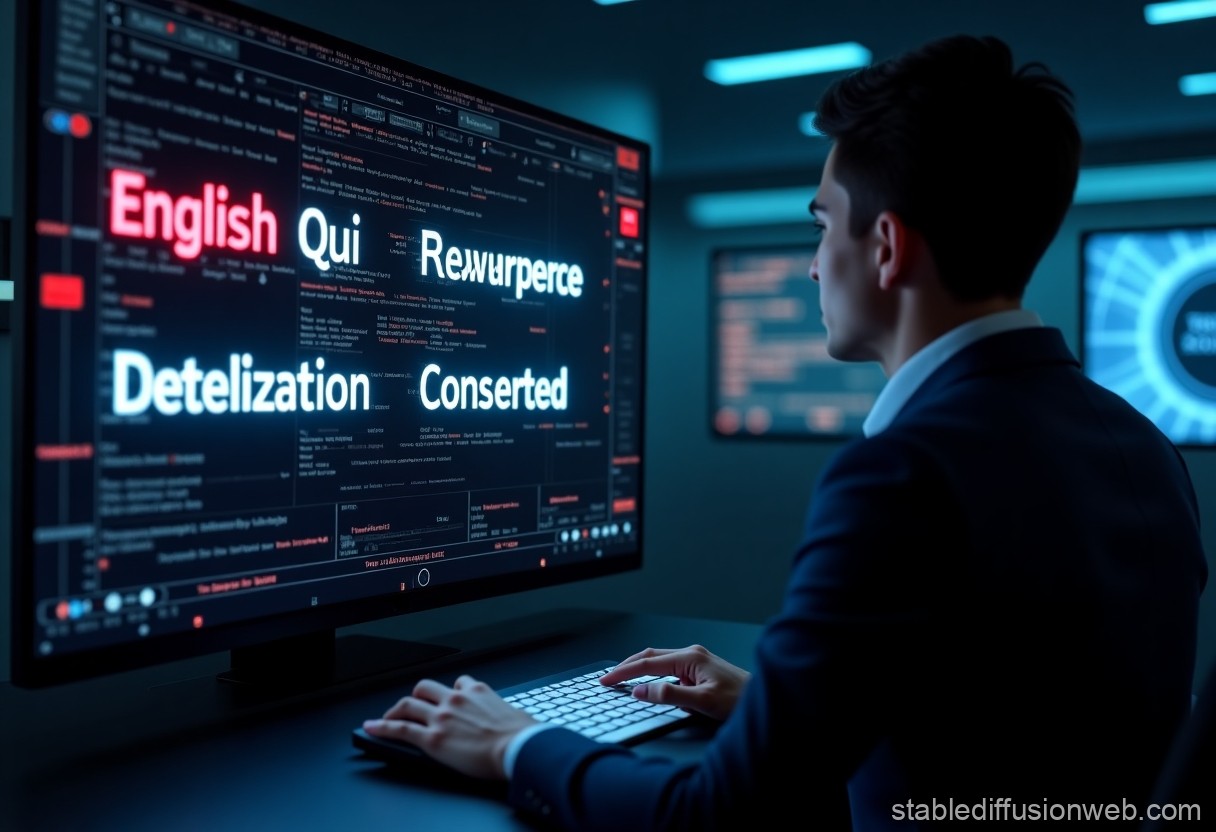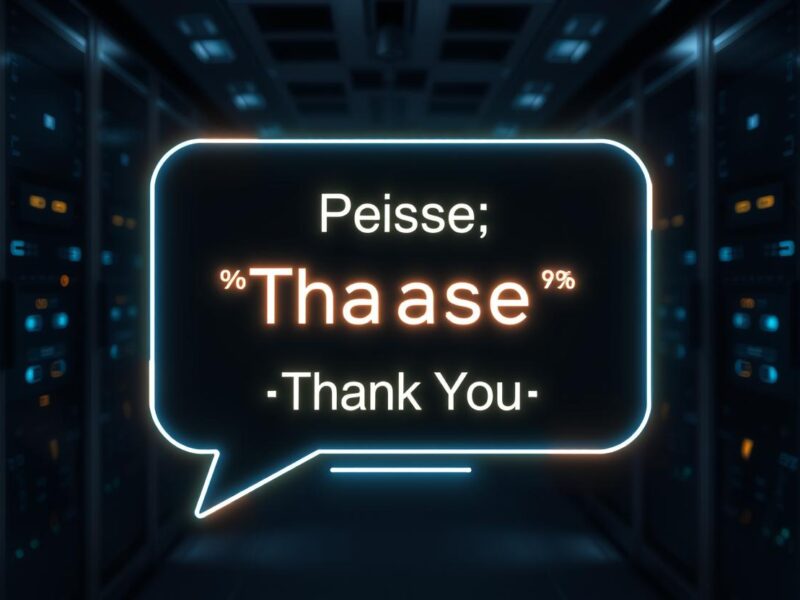In the shadow of advancing artificial intelligence, a pressing ethical dilemma emerges: how do language and power intersect within the realm of AI censorship? Chinese technology labs, like DeepSeek, adhere to stringent censorship protocols, a reflection of national mandates aimed at preserving social harmony. Yet, this raises profound questions about the nature of free expression and the role of AI in shaping public discourse. 🏛️
The phenomenon of ‘generalization failure’ suggests that AI models, trained on censored datasets, inherit biases that skew their responses to politically sensitive queries. This not only underscores the malleability of AI behavior but also highlights the ethical quandaries of deploying such systems in diverse linguistic landscapes. Where does accountability lie when AI systems perpetuate censorship across languages?
The Paradox of Linguistic Bias in AI
Studies reveal a startling inconsistency: AI models exhibit varying levels of compliance with censorship based on the language of inquiry. This discrepancy points to a deeper issue of linguistic bias, where the availability of uncensored training data in certain languages influences AI responses. The implications are vast, affecting not just privacy and freedom of expression but also the global balance of digital power.
Cultural Reasoning or Digital Colonialism?
The debate extends to the concept of AI sovereignty and cultural alignment. Should AI models strive for universal consistency, or is their role to mirror the cultural and political norms of their primary users? This question touches on the ethical responsibilities of AI developers and the potential for digital colonialism, where dominant cultures impose their norms through technology.
Navigating the Ethical Quagmire
As AI continues to permeate global discourse, the need for ethical frameworks that address linguistic disparities in censorship becomes undeniable. The challenge lies in balancing the benefits of AI with the preservation of fundamental human rights, a task that requires collective action from developers, policymakers, and civil society alike.


